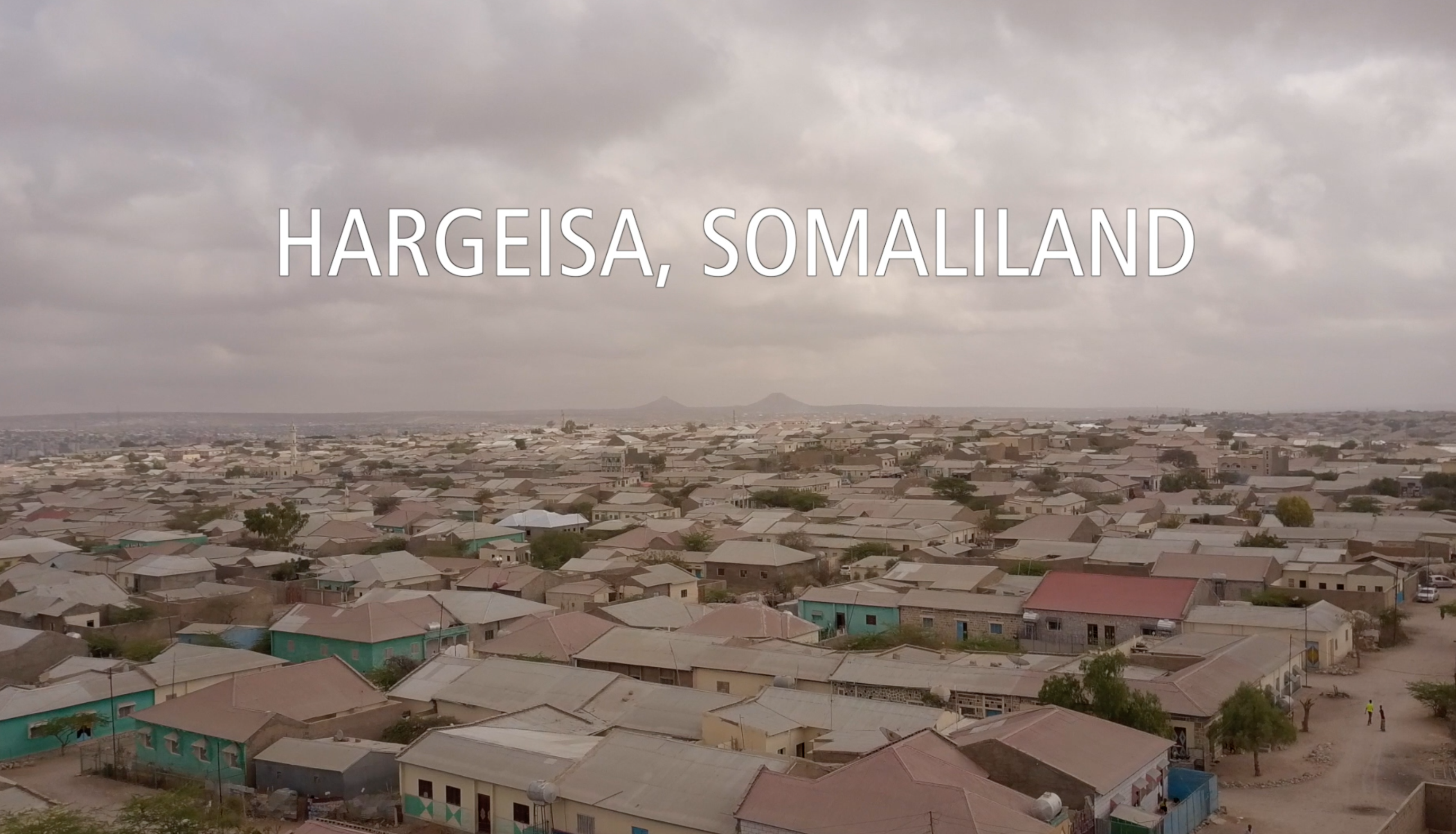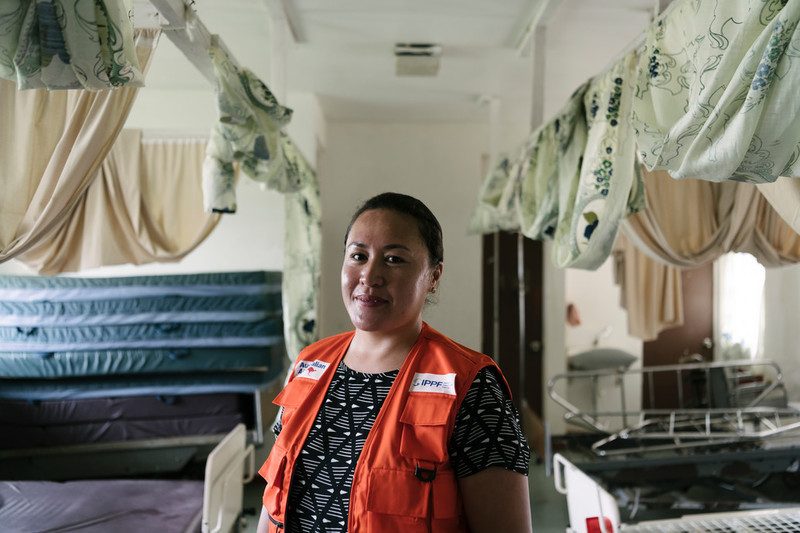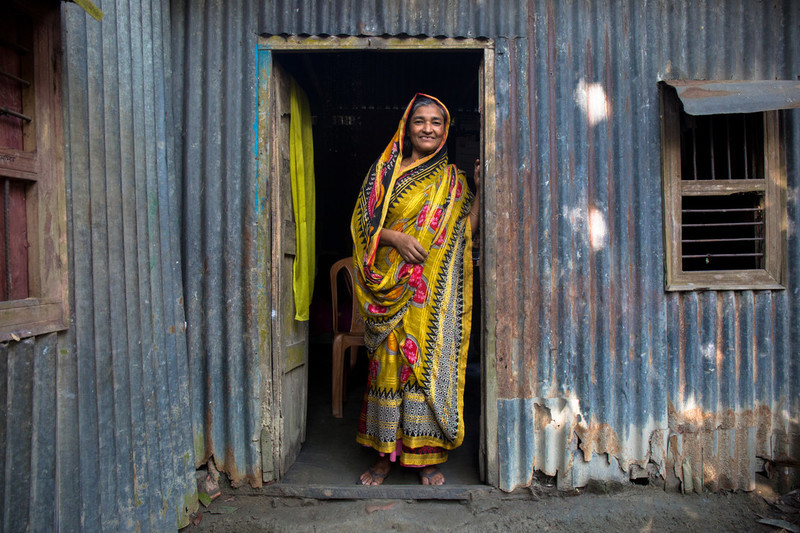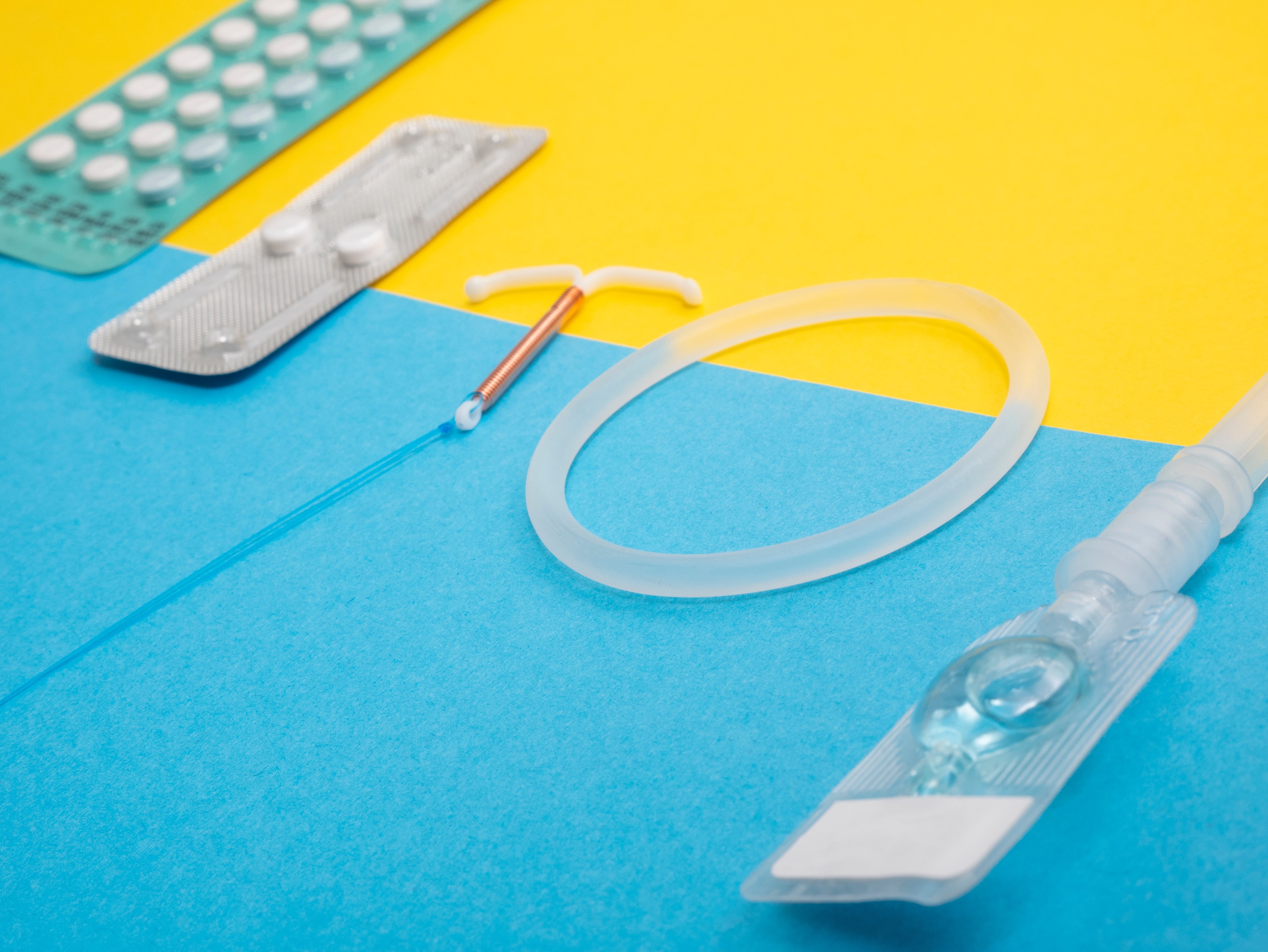Spotlight
A selection of resources from across the Federation

HIV Theory of Change
Our HIV Theory of Change is to clarify the goals and vision of IPPF’s HIV programme and to articulate the different pathways and strategies IPPF uses to contribute towards its HIV goals and vision.
Filter our resources by:


| 17 May 2018
Watch: Hope on the Horizon: FGM in Somaliland
Female genital mutilation (FGM) is a procedure that involves altering or injuring female genitalia for non-medical reasons. It is estimated that almost 200 million women and girls worldwide have undergone some form of FGM. FGM has been recorded in 30 countries with Somaliland having one of the highest prevalence rates in the world at 98% for women and girls aged between 15 - 49 years old. Hope on the horizon documents the hard work IPPF member association SOFHA (Somaliland Family Health Association) is doing within the local community to help change minds and eventually bring an end to female genital mutilation (FGM). Slowly, but surely, attitudes are changing.

| 24 April 2018
Humanitarian disaster in Tonga brings opportunity through access to healthcare
Following the devastation wrecked by Tropical Cyclone Gita on the island of Kingdon of Tonga, the Tonga Family Health Association deployed an emergency response team. The team was able to bring vital sexual and reproductive health care to local communities. By taking services to the people, the team has been able to expand the types of care that many women would not readily access including pap smears and the opportunity to raise awareness around gender-based violence. Combining service delivery, as well as information, is part of our tailored approach to humanitarian crises; ensuring we meet need, wherever it is, whoever requires it, for as long as they want it. Photography © IPPF/Alana Holmberg
| 15 March 2018
Integration of DMPA‑SC into the method mix contributes to increased uptake of all methods of family planning
Injectable contraceptives are an increasingly popular method of family planning. They are safe, discrete, highly effective, and generally last for several months. Sayana® Press, also known as subcutaneous depot medroxyprogesterone (DMPA‑SC), is a lower‑dose formula version of the already popular injectable Depo‑Provera. DMPA‑SC combines the drug and needle in a single‑use unit, which makes it easy to transport and simple to use with little training. DMPA‑SC can be administered by community health workers (CHWs) and women themselves – potentially making injectable contraceptives available to women who can’t easily travel to clinics.
| 14 March 2018
IMAP Statement on emergency contraception
Emergency contraception (EC) refers to any contraceptive method that can be used after having unprotected or inadequately protected sexual intercourse (UPSI) but before pregnancy occurs, providing women with the opportunity to prevent an unwanted pregnancy. EC is a safe and effective method for preventing unwanted pregnancy and can reduce the risk of pregnancy by up to 99%. In spite of its effectiveness, EC is not frequently used. In many countries, women face barriers to accessing EC. The majority of women in low‑income countries are unaware of EC. Moreover, some providers have negative attitudes toward providing EC to women and girls.

| 08 February 2018
Small scale innovation in Bangladesh during times of crisis: ensuring reproductive care to local communities
In times of humanitarian crises and disasters, the inability to access health care during floods can have serious repercussions on the local community. As part of their Innovation Programme project, our South Asia office in collaboration with the University of Leicester and the Government of Bangladesh provides reproductive health kits to health centres located in areas most prone to seasonal flooding. Known as 'Kit 8' it contains three months’ worth of medicine and equipment for the management of miscarriage and complications of abortion and menstrual regulation in emergency situations, essential to minimize associated morbidity and mortality. Medical staff are trained to administer procedures and provide post-procedure care. While abortion is considered illegal in Bangladesh, menstrual regulation, which has been a part of the country’s family planning program since 1979, is allowed up to 10–12 weeks after a woman’s last menstrual period. Photography © IPPF/Victoria Milko

| 06 February 2018
Myth-busting facts about the contraceptive injection
Watch this short animation to learn more about the contraceptive injection, a contraceptive method that requires no daily action and doesn't interfere with sex. Learn more about other methods















